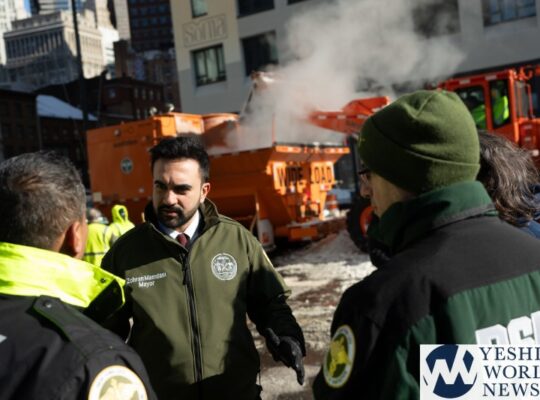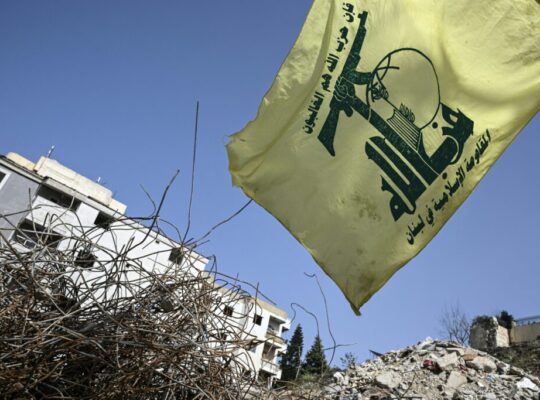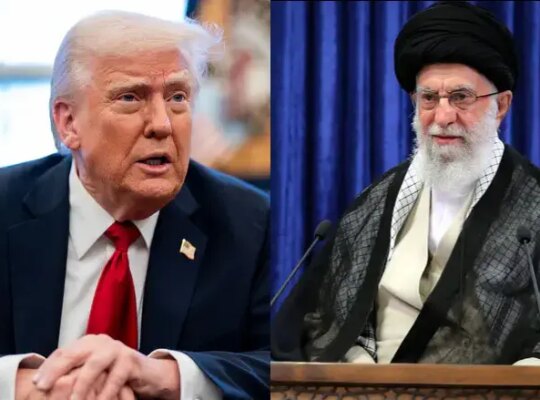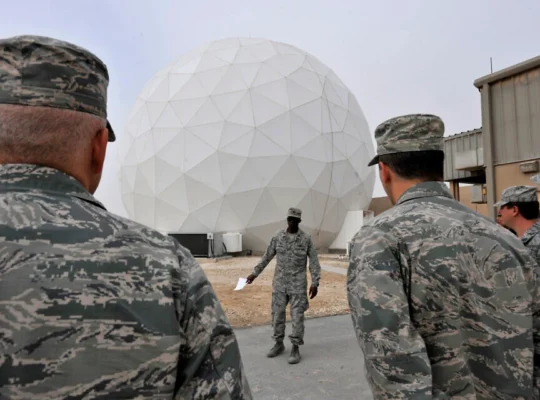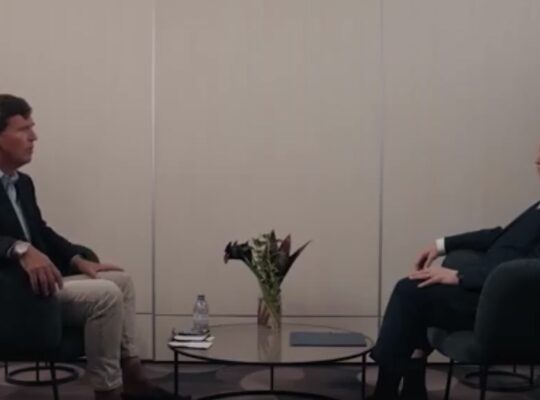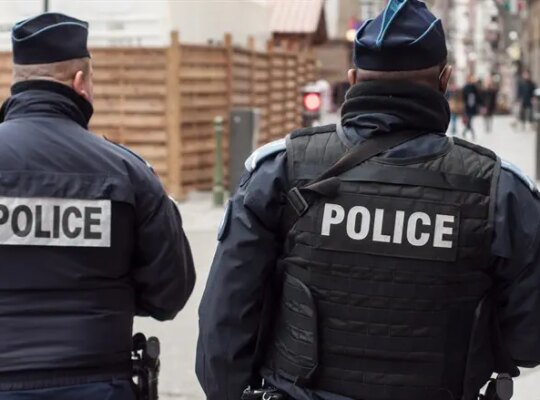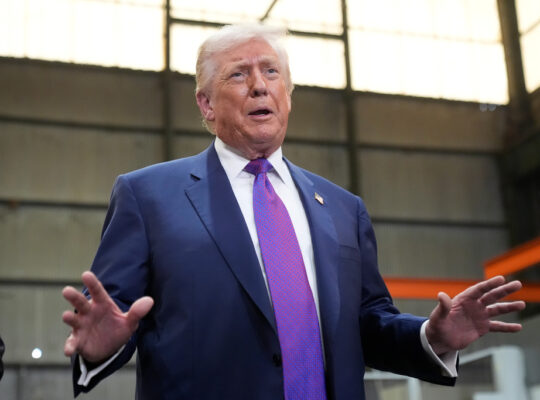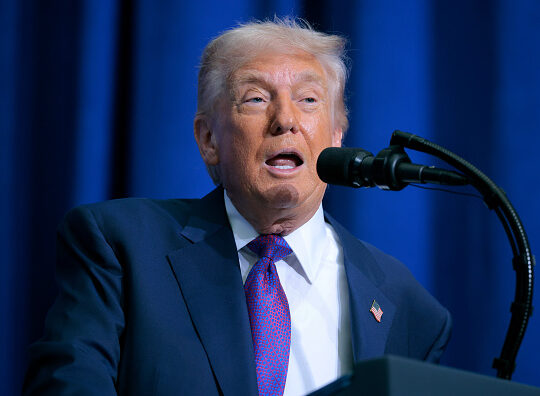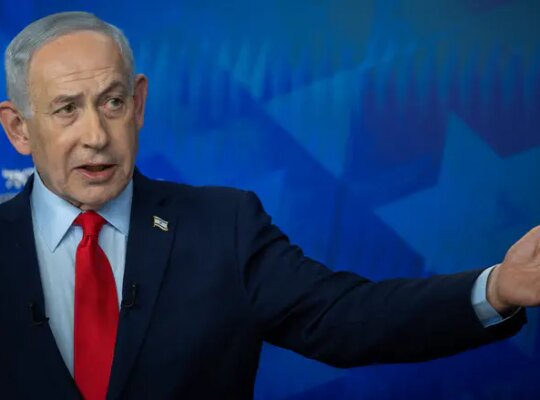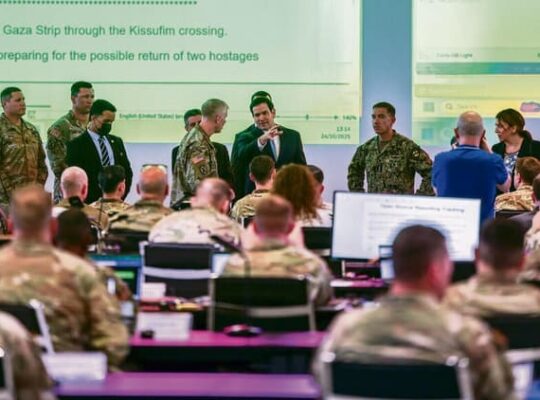Every morning at 7 AM, Rabbi Moshe Levi walks past three photographs of his sons on his way to teach Torah in Herzliya. Rachamim Yishai was critically wounded on October 7th. Yedidya was hit by shrapnel in Gaza, while Elkana lost both legs last week when an explosive device killed his fellow soldier.
The students filing into Rabbi Levi’s yeshiva don’t burn draft notices or flee to Brooklyn. They study Talmudic passages about warfare while their older brothers serve in combat units. When Rabbi Levi opens his books each morning, he’s teaching teenagers who know they’ll be holding rifles within two years.
These are two sides of religious Israel that couldn’t be more different as religious Zionist yeshivas across the country quietly mark another milestone: 70% of their graduates serve in IDF combat units, a rate that’s held steady for decades.



At Yeshivat Orot Shaul in Tel Aviv, the memorial corner tells the same story. Amitai Granot’s army portrait hangs near the entrance, the slight smile of a young man trying to look serious for the camera. He was killed by a Hezbollah missile on October 15th. His father, Rabbi Tamir Granot, still heads the yeshiva.
“I used to think I understood what defending Jewish life meant,” Rabbi Granot said in a heartfelt op-ed after his son’s death. “Now I know.”


At Yeshivat Har Etzion, students know their Rosh Yeshiva’s personal cost. Rabbi Yaakov Medan’s son Elisha lost both legs in Gaza. From his hospital bed, Elisha told visitors: “That I am alive, even without both legs, is a present from God.” A photo of Rabbi Medan in kitchen gloves, scrubbing pots while his son recovered from battlefield amputations, became its own viral image.




It’s a theology that’s impossible to reconcile with recent headlines. While some religious leaders declare military service forbidden, others bury their children and keep teaching. Their memorial walls document a different kind of faith – one where defending the Jewish people and studying Torah aren’t contradictory but complementary.
Orit Levi, mother of the three wounded brothers, captured the divide when she recorded a video message to Elkana’s battalion. She called them “heroes,” saying “We must strengthen the national spirit, unite, and fight until the end.”
The political debate will continue. Ultra-Orthodox parties threatening to leave the government, secular politicians demanding equal service, everyone talking past each other while the war grinds on.
But in these study halls, under these memorial portraits, the conversation is already over. The faces on the walls have settled the argument in blood.
Source link



